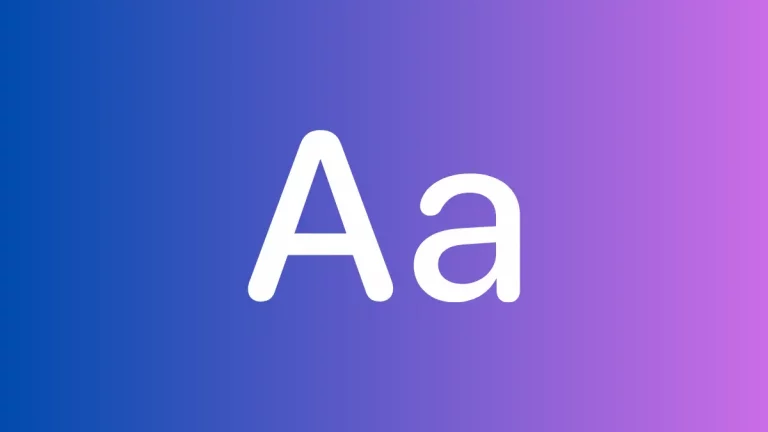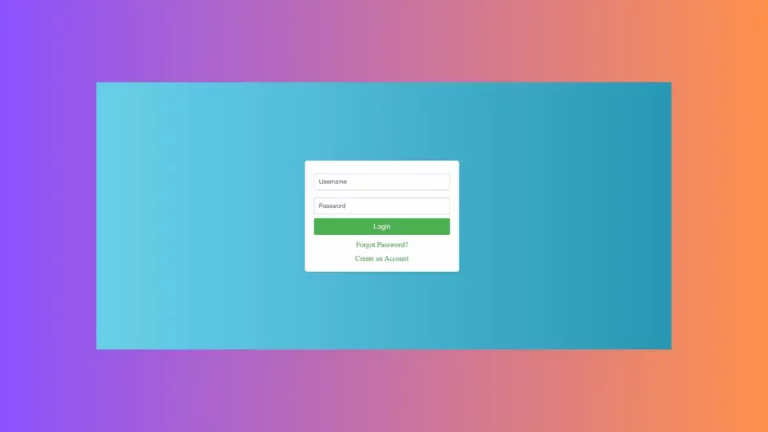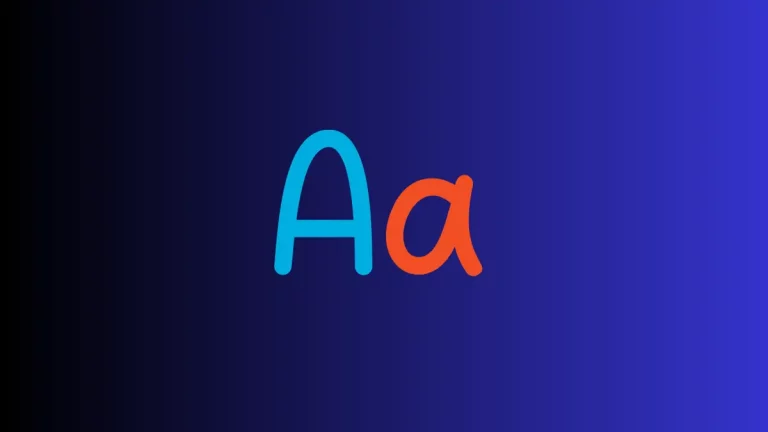Why Every Developer Should Learn HTML and CSS
In today’s tech landscape, HTML and CSS are fundamental building blocks for any developer. Whether you’re building websites, web applications, mobile apps, or other software, having strong HTML and CSS skills unlock tremendous possibilities and career opportunities. Here’s why every developer should take the time to learn HTML and CSS.
The Ubiquity of Web Technologies
The web dominates today’s technology, powering over 1.13 billion websites as of 2023. Even mobile app development relies heavily on web technologies under the hood. As a developer, you’ll inevitably encounter web-based projects and need to work with HTML and CSS.
Whether you’re working on front-end code or integrating with modern frameworks, you’ll benefit tremendously from HTML and CSS skills. Learning web technologies future-proofs your career as technology continues rapidly advancing in a web-driven direction.
Empowerment to Build Anything Online
HTML and CSS give developers superpowers to build anything they envision online. You can bring web pages, web applications, and entire sites to life with HTML marking up structure and content while CSS handles presentation and style.
Understanding HTML syntax and CSS styling opens creative possibilities to construct beautiful, interactive web experiences optimized for any device. Any developer who learns HTML and CSS grasps the tools to develop websites or web elements limited only by their imagination.
Foundation for Other Languages
While incredibly useful on their own, HTML and CSS also underpin higher level languages and frameworks. For example, React and Angular rely on HTML for structure and CSS for styling. As front-end frameworks and libraries build on web languages, HTML and CSS form the foundation developers need to use these tools.
Learning web building blocks accelerates mastering other ecosystems like React, Vue.js, and Bootstrap that massively extend capabilities for developers.
Rapid Prototyping Ability
One of HTML and CSS’s major advantages is enabling rapid prototyping with minimal effort. Developers can quickly mock up web page ideas and build basic site flows with HTML and CSS alone. Creating quick prototypes fuels iteration, testing usability early in development.
Because HTML and CSS don’t require compilers or complex build setups, developers iterate faster to transform initial concepts into real products. The quick feedback loop helps developers efficiently validate their direction and adjust course as needed.
Accessibility of Getting Started
Unlike many programming languages, HTML and CSS offer a relatively shallow learning curve for beginners. The barrier to entry stays low with straightforward syntax, ample learning materials available online, and visual feedback in browsers. Developers can quickly grasp basics then incrementally work towards proficiency.
Abundant online documentation, communities, and tools provide support through the journey. For bootcamp grads or self-taught developers, HTML and CSS present an approachable starting point before tackling advanced programming topics like data structures and algorithms.
Impressive Browser Compatibility
After creating websites or apps, developers constantly battle browser compatibility issues wasting long hours. Fortunately, all modern browsers fully support HTML and CSS standards minimizing cross-browser headaches. Developers avoid frustrating quirks focusing efforts instead on innovation.
Robust browser compatibility also expands access for end users now reaching nearly 6 billion people online. Users enjoy responsive experiences on vast device diversity from desktops to mobile phones thanks to HTML and CSS consistency across browsers.
Search Engine Optimization Wins
For public-facing sites, HTML plays a pivotal role optimizing pages for search engines like Google. Following semantic HTML standards clarifies page meaning for search bots crawling content. Clean HTML markup along with relevant page titles, headers, metadata and alt text can significantly improve SEO rankings and visibility.
CSS also boosts SEO through download performance enhancements letting pages load faster. Developers who strategically leverage HTML and CSS reap extra search traffic and conversions at no extra cost.
Site Performance Gains
Speaking of performance, HTML and CSS offer web performance wins building faster experiences users love. Minimal page bloat through clean markup prevents extraneous HTML and CSS taxing users’ devices. CSS also helps developers tap into GPU-accelerated rendering, transitions, and animations achieving slick 60fps performance.
Performance optimizations improve user experience crucial for retaining traffic. Site speed matters for revenue too – pages that load in 5 seconds earn double the revenue of 10 second loads losing millions in sales. The many web performance advantages make perfecting HTML/CSS expertise invaluable for developers.
Mobile Capabilities Out the Box
With mobile internet usage eclipsing desktop, every developer should prepare for multi-device experiences. Here HTML and CSS excel providing responsive foundations to craft sites working beautifully on any gadget. CSS media queries pave the way re-flowing page layouts tailored to phone, tablet or desktop needs.
Frameworks like Bootstrap, Bulma or Tailwind CSS also ease building mobile-friendly projects. As mobile-first design becomes mandatory, HTML&CSS fluency gives developers adaptive superpowers benefitting every project.
Facilitates Team Collaboration
Finally, HTML and CSS enable seamless collaboration critical for developers working cross-functionally on large teams. Because HTML and CSS behave predictably and share common vocabularies, teammates from designers to marketers can sync up. Non-technical colleagues comfortably suggest interface improvements in familiar web languages rather than wrestling with raw code.
With HTML mockups, product managers clearly convey desired features too. The clarity and intuitiveness surrounding HTML and CSS ultimately facilitates productivity among diverse disciplines and skill levels.
While the list of reasons to learn HTML and CSS continues growing, these core advantages validate every developer should build web technology skills. Whether working solo or leading engineering teams, HTML&CSS empower creators to deliver amazing digital experiences everyone can access.
Don’t leave these superpowers off your utility belt – level up as an unstoppable full-stack developer with strong capabilities in foundational web languages!





